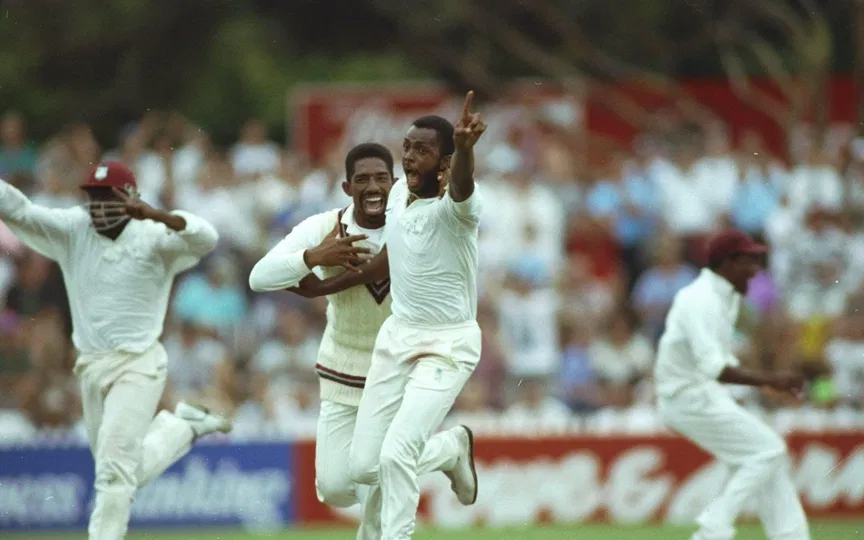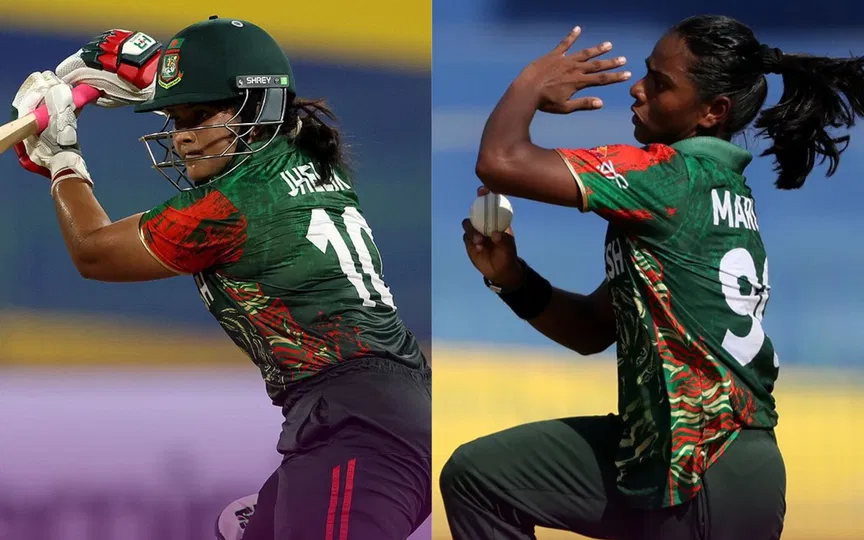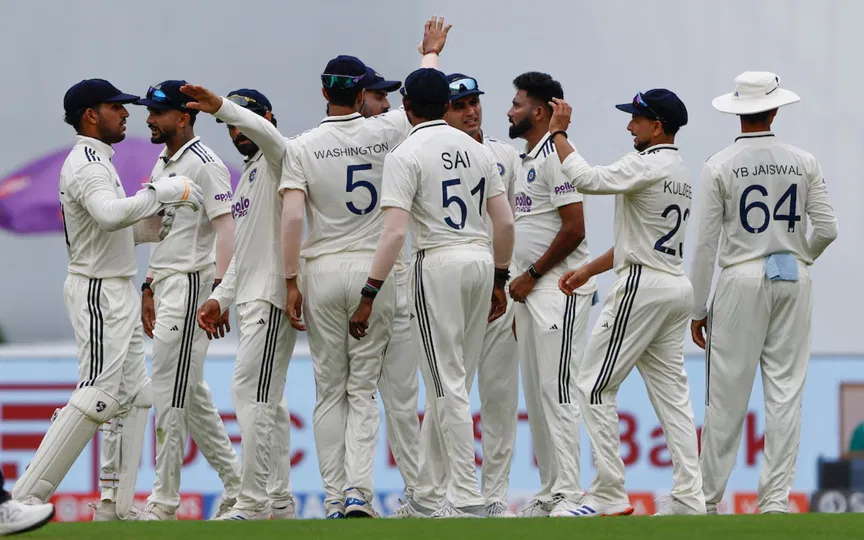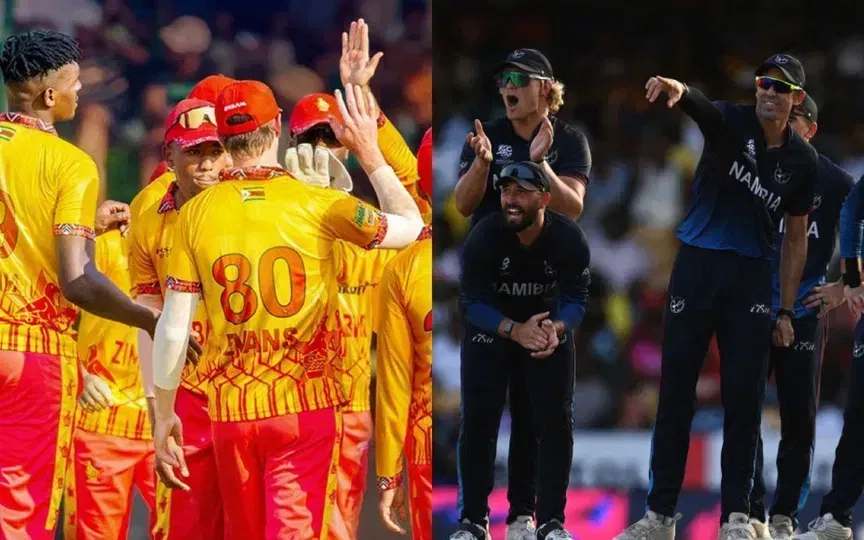![Pakistan hit with hard reality at ILT20 auction [Source: @syed__M__hashir, @AssociateChrons/X.com]](https://onecricketnews.akamaized.net/parth-editor/oc-dashboard/news-images-prod/1759392302037_Pakistan_India_ILT20_Auction.jpg?type=hq) Pakistan hit with hard reality at ILT20 auction [Source: @syed__M__hashir, @AssociateChrons/X.com]
Pakistan hit with hard reality at ILT20 auction [Source: @syed__M__hashir, @AssociateChrons/X.com]
Pakistan cricket, struggling to uphold its relevance in international cricket, met with a harsh reality at the ILT20 2025-26 auction when just 1 of the 6 teams expressed interest in PAK nationals.
The Desert Vipers, owned by the American investment group Lancer Capital, purchased Fakhar Zaman, Naseem Shah, and Hasan Nawaz at their base price.
The other franchises, primarily owned by Indian entrepreneurs, showed no interest in Pakistani players, leaving notable names such as Saim Ayub, Mohammad Amir, and Mohammad Nawaz unsold.
Why were Pakistan players snubbed at the ILT20 2025-26 auction?
Pakistan shot themselves in the foot by being hostile towards India at the Asia Cup 2025 tournament. PCB and ACC chairman Mohsin Naqvi abused his authority to deny handing over the trophy to tournament winners India after they allegedly refused to accept it from his hands.
Reports indicate that Naqvi went as far as confiscating the trophy and medals, insisting that the Indian team collect them under his terms. This act of defiance, viewed internationally as unprofessional and politically charged, further strained already tense India-Pakistan relations.
While Naqvi enjoys his fake morale victory, Pakistan cricket paid the price. At the ILT20 2025-26 auction, 5 franchises (Sharjah Warriorz, Dubai Capitals, MI Emirates, Gult Giants and Abu Dhabi Knight Riders) owned by Indian entrepreneurs refused to bid for Pakistani players.
The likes of Saim Ayub, Mohammad Amir and Mohammad Nawaz went unsold. Only Zaman, Naseem and Hasan Nawaz found buyers from the non-Indian owner franchise Desert Vipers.
Pakistan cricket is on the cusp of complete isolation
It doesn’t take a genius to figure out that India is more or less isolating Pakistan on a global stage to tear down their financial strength. And what transpired at the ILT20 auction was just the tip of the iceberg.
Indian IPL franchises have bought stakes in the majority of The Hundred tournament. Even in SA20, CPL and the Major Cricket League, Indian entrepreneurs have expanded their operations.
If the two countries' relations don't improve, Pakistan players should brace themselves for further isolation, which will indeed be catastrophic.
Apart from the direct financial loss, lower representation in major leagues denies exposure to competitive overseas conditions, which is crucial for developing players to reach international standards.
Pakistan’s talent pipeline, already struggling to unearth quality talent, will be deprived of opportunities to grow and match international cricketing standards if its players continue to face restricted opportunities in global franchise cricket.
Conclusion
In conclusion, the ILT20 auction serves as a cautionary tale for Pakistan cricket. Pakistan should learn from their mistakes before it's too late. It is imperative for the PCB to reassess its approach and put its foot down and make logical decisions to ensure its cricket does not suffer.
Only through measured and professional conduct can Pakistan ensure that its cricket does not face further isolation or decline on the global stage.
Standing up to India and BCCI for political or emotional reasons will only harm their cricket, and the sooner they realise, the quicker they can avoid a catastrophic storm.
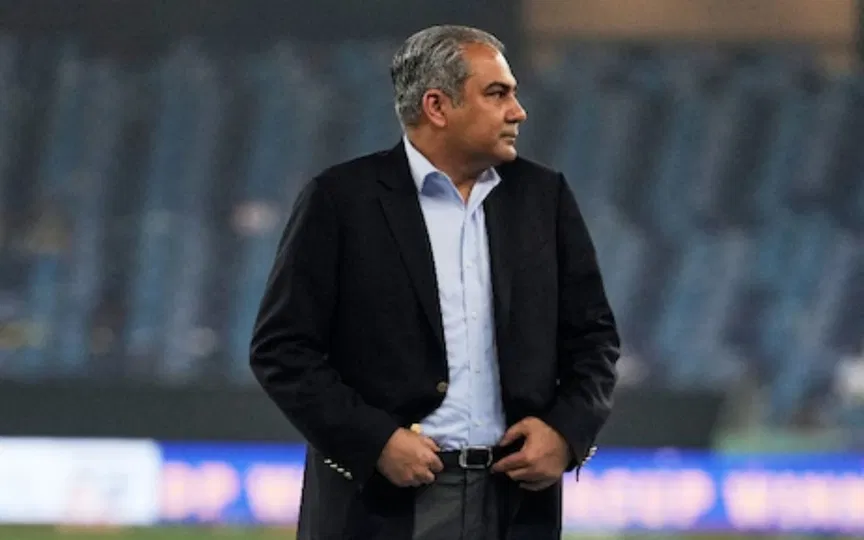
.jpg)
